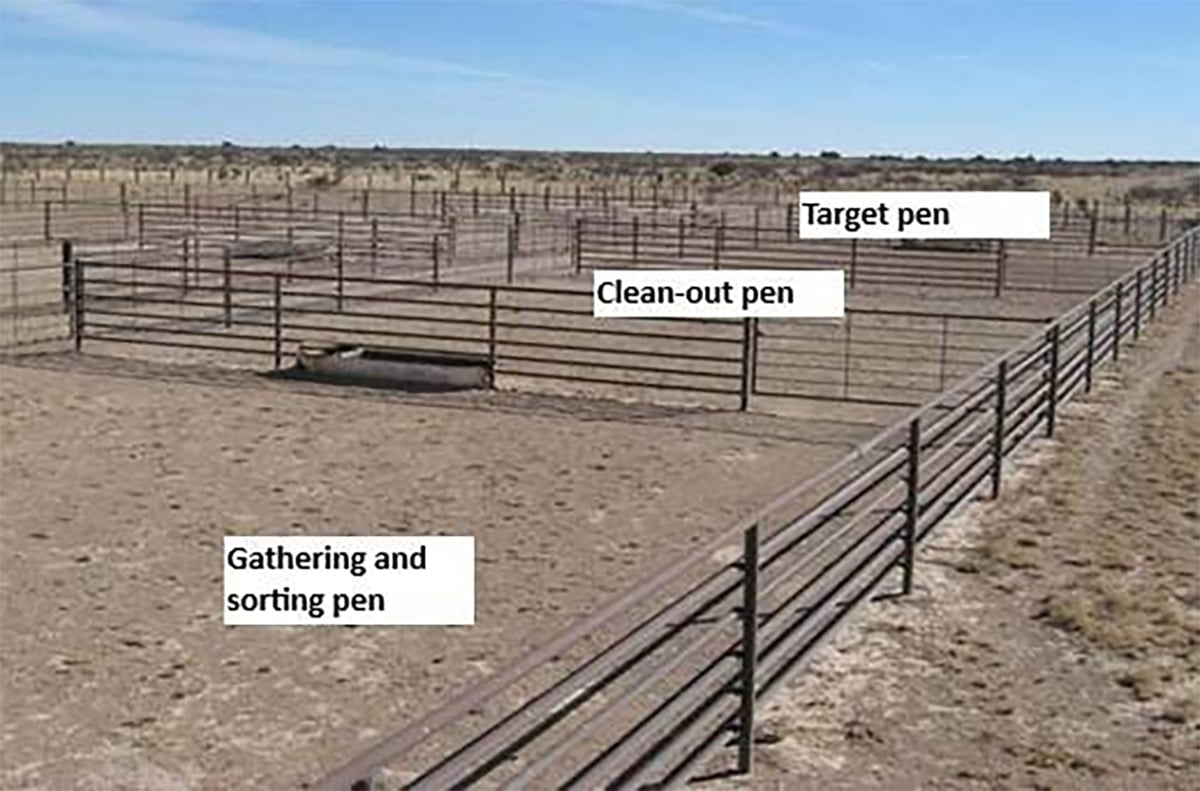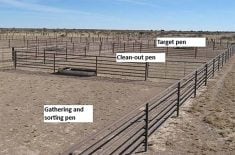RED DEER Ñ Cattle feeders across the country want a national organization to give their sector a stronger voice with government.
While still at the conception stage, feeders from British Columbia to Ontario are courting. They want either a change in the Canadian Cattlemen’s Association constitution to give them fuller representation, or to start a national group.
“The whole system is flawed because it is weighted heavily towards primary production,” said Rick Paskal, who feeds cattle at Picture Butte, Alta.
The feedlot owners say they have no quarrel with any of the established groups but they want recognition of their unique problems and a new approach when dealing with government and trading partners.
Read Also

Teamwork and well-designed handling systems part of safely working cattle
When moving cattle, the safety of handlers, their team and their animals all boils down to three things: the cattle, the handling system and the behaviour of the team.
“After what we have been through, we have a sense within us that we are going to be better represented and do whatever we have to do to survive,” he said.
Bill Freding of Oliver, B.C., agreed feeders need direct access to government. As president of the B.C. Cattle Feeders he feels frustrated with the lack of action on issues of direct concern to feedlots such as disease restrictions on trade.
“We cannot make any direct comments to any federal personnel about specific things … like bluetongue or anaplasmosis,” he said.
While the Alberta feeding industry remains the largest in Canada, finishing more than two million head per year, concerns over animal health and trade come from across the country.
A low-budget organization is the plan for now, but building membership on limited resources could be a challenge.
Provincial groups like the Alberta Cattle Feeders have been in dire straits since the BSE crisis began in May 2003. After living on a shoestring budget collecting 10 cents per head sold, the organization agreed to raise its fee to 50 cents per head at its annual meeting in Red Deer Feb. 18.















